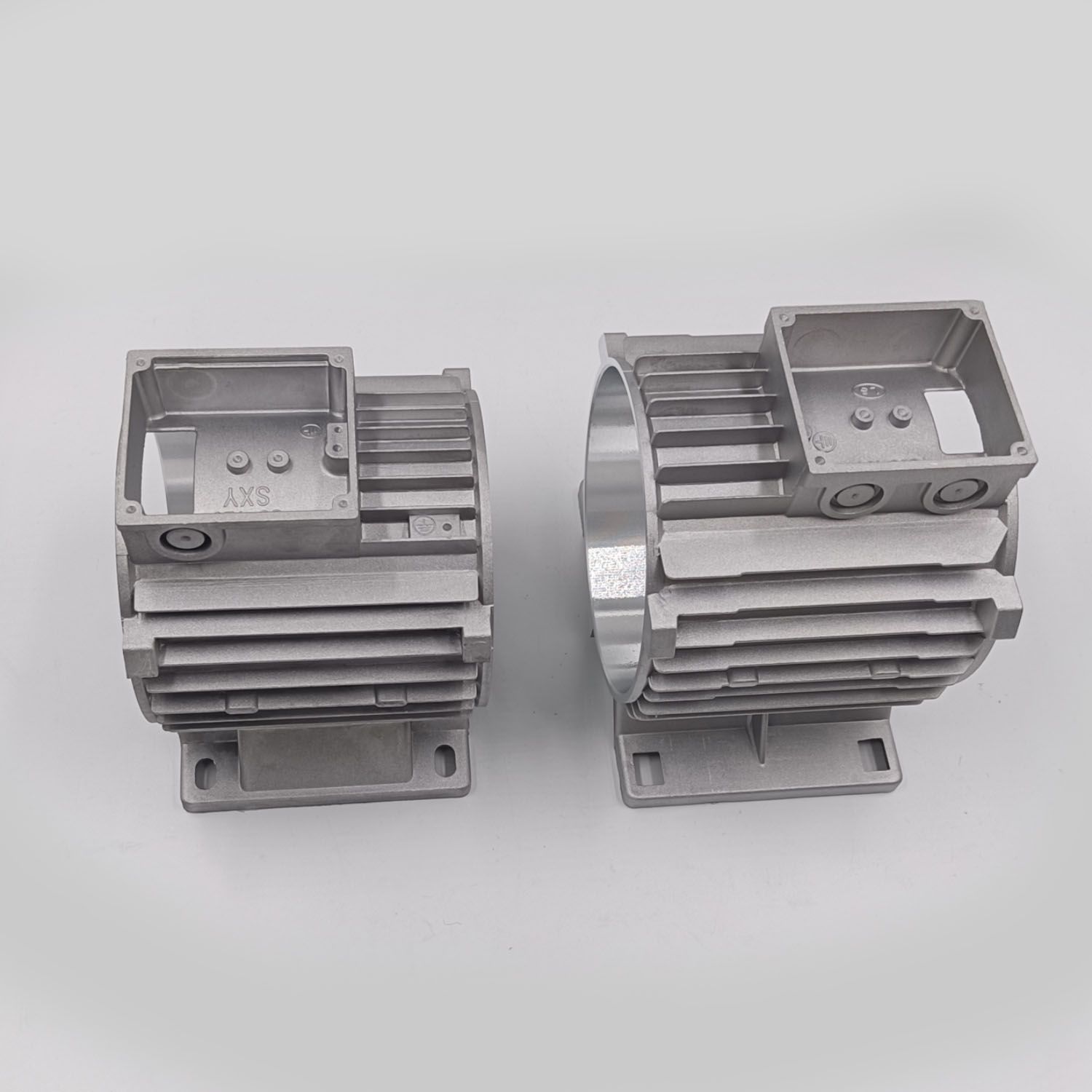Things about Alcast Company
Things about Alcast Company
Blog Article
The Best Guide To Alcast Company
Table of ContentsAlcast Company Can Be Fun For EveryoneHow Alcast Company can Save You Time, Stress, and Money.10 Easy Facts About Alcast Company DescribedThe 8-Minute Rule for Alcast CompanyGetting My Alcast Company To WorkLittle Known Questions About Alcast Company.
Chemical Contrast of Cast Light weight aluminum Alloys Silicon advertises castability by reducing the alloy's melting temperature and enhancing fluidity during casting. Furthermore, silicon contributes to the alloy's toughness and put on resistance, making it important in applications where toughness is crucial, such as vehicle components and engine elements.It likewise improves the machinability of the alloy, making it less complicated to process into finished items. This way, iron contributes to the total workability of aluminum alloys. Copper raises electric conductivity, making it helpful in electric applications. It likewise boosts deterioration resistance and contributes to the alloy's overall strength.
Manganese adds to the toughness of light weight aluminum alloys and improves workability (Aluminum Casting). It is generally used in functioned light weight aluminum products like sheets, extrusions, and profiles. The existence of manganese help in the alloy's formability and resistance to cracking throughout fabrication procedures. Magnesium is a lightweight component that provides toughness and influence resistance to aluminum alloys.
The 6-Minute Rule for Alcast Company
Zinc enhances the castability of light weight aluminum alloys and helps manage the solidification process throughout spreading. It boosts the alloy's toughness and solidity.

The primary thermal conductivity, tensile strength, return stamina, and prolongation vary. Select ideal resources according to the performance of the target item created. Among the above alloys, A356 has the highest possible thermal conductivity, and A380 and ADC12 have the most affordable. The tensile restriction is the contrary. A360 has the most effective return strength and the highest possible elongation rate.
Alcast Company Things To Know Before You Get This

In precision spreading, 6063 is appropriate for applications where intricate geometries and premium surface finishes are vital. Examples consist of telecommunication enclosures, where the alloy's premium formability permits smooth and aesthetically pleasing styles while maintaining architectural honesty. In a similar way, in the Lights Solutions market, precision-cast 6063 elements create sophisticated and reliable illumination fixtures that require detailed shapes and great thermal efficiency.
It causes a finer surface finish and much better address corrosion resistance in A360. The A360 exhibits premium prolongation, making it excellent for facility and thin-walled elements. In accuracy casting applications, A360 is appropriate for markets such as Customer Electronic Devices, Telecommunication, and Power Tools. Its boosted fluidness allows for detailed, high-precision elements like smartphone casings and communication tool housings.
Alcast Company Can Be Fun For Anyone
Its unique residential properties make A360 a useful option for accuracy casting in these sectors, boosting item sturdiness and high quality. Light weight aluminum alloy 380, or A380, is an extensively utilized spreading alloy with several distinctive attributes. It supplies superb castability, making it an excellent selection for accuracy spreading. A380 displays excellent fluidness when molten, making sure detailed and detailed molds are properly duplicated.
In precision spreading, aluminum 413 shines in the Customer Electronics and Power Tools sectors. This alloy's exceptional corrosion resistance makes it an exceptional selection for outside applications, making certain resilient, long lasting products in the stated sectors.
The 6-Second Trick For Alcast Company
The aluminum alloy you choose will substantially influence both the spreading process and the homes of the last item. Since of this, you should make your choice very carefully and take an informed method.
Identifying the most ideal light weight aluminum alloy for your application will mean evaluating a large range of attributes. These relative alloy characteristics comply with the North American Die Spreading Association's guidelines, and we've divided them into two categories. The initial group addresses alloy characteristics that influence the production process. The 2nd covers attributes impacting the properties of the end product.
The Basic Principles Of Alcast Company
The alloy you choose for die spreading directly influences a number of facets of the spreading process, like how simple the alloy is to function with and if it is susceptible to casting issues. Hot breaking, likewise called solidification fracturing, is a normal die spreading flaw for light weight aluminum alloys that can cause interior or surface-level tears or cracks.
Particular light weight aluminum alloys are extra vulnerable to warm breaking than others, and your choice should consider this. One more common problem found in the die casting of light weight aluminum is pass away soldering, which is when the actors sticks to the die walls and makes ejection hard. It can damage both the actors and the die, so you must seek alloys with high anti-soldering residential or commercial properties.
Corrosion resistance, which is currently a noteworthy feature of light weight aluminum, can differ considerably from alloy to alloy and is an important characteristic to consider depending on the ecological conditions your product will certainly be exposed to (Casting Foundry). Put on resistance is another residential or commercial property typically sought in aluminum products and can distinguish some alloys
Report this page